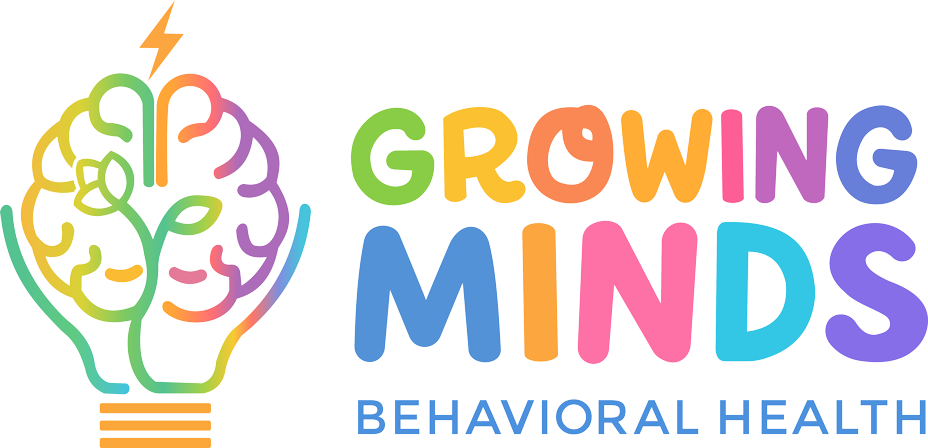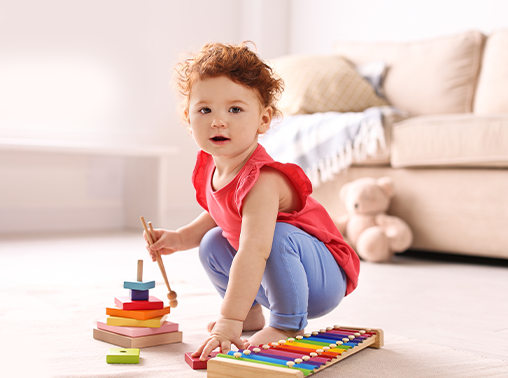Physical touch is a fundamental part of the human experience. You express touch to show love, connection, and emotion. However, for an autistic child, touch may not always feel comforting.
Instead, it may feel overwhelming or even uncomfortable. Some children with autism touch sensitivity may avoid hugs or shy away from certain fabrics– while others might seek out different textures.
These differences do not mean your child rejects affection– it simply means their body experiences touch in a unique way.
Understanding Autism and Touch

Many people wonder “Are autistic people sensitive to touch?” and the answer is that many children and adults with autism do experience touch sensory issues. But why is this?
Touch is part of what’s called the tactile system, which helps us interpret textures, temperature, and pressure. For those with autism, this system may process sensations in unusual ways, leading to either hypersensitivity to touch (feeling too much) or low sensitivity (not feeling enough).
- Some children pull away from light touch, dislike certain fabrics, or find hair brushing and clothing tags unbearable. This is hypersensitivity to touch autism.
- Others may seek out lots of textures, bump into things, or not notice minor cuts or scrapes. This is lower sensitivity, another common touch sensory issue.
Both reactions are valid and common when considering the relationship between autism and touch– and both are signs of the unique autism touch sensitivity differences that many children with autism have.
5 Signs that Your Child Might Be Sensible to Touch

So how do you know that your child is struggling with touch sensory issues, either related to autism and touching others, or autistic touch sensitive to objects? Check for these signs:
- Pulling away from hugs other forms of physical affection
- Feeling discomfort with clothing tags, seams, or fabrics
- Strong reactions to everyday touch stimuli like hair brushing, showers, etc.
- Frequently touching objects, textures, or people around them
- Appearing unaware of pain, heat, or cold in certain situations
Contact ABA Professionals for Support
Are autistic people sensitive to touch? Yes– many are. But with the right support, children can learn ways to manage these sensitivities and feel more comfortable with everyday physical experiences.
At Growing Minds Behavioral Health, we understand that autism and touch sensitivities can affect everyday life– from getting dressed to connecting with loved ones. Our ABA therapy services are designed to help your kiddo build coping skills, express their needs, and feel more at ease in their own bodies.
Whether your child has hypersensitivity to touch in autism or finds interacting with others physically challenging, understanding autism and touching others can help you support them effectively.
No child should feel overwhelmed by something as simple as a hug or the tag in a shirt. Contact us today to learn about ABA therapy support to address common touch sensory issues.




